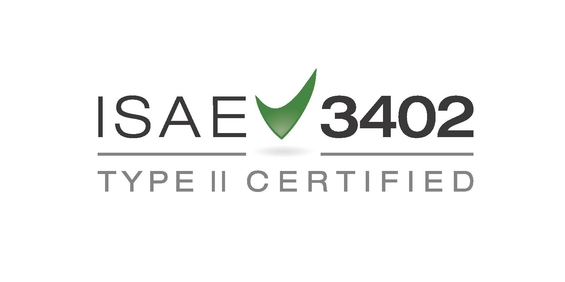Limboland
We are still in Limboland, and worse, we are deeper in it since last month. Limboland is a greyish country, where economic life only advances slowly. Where in spite of negative interest rates, bonds enjoy a close investor interest. Entrepreneurs and even smaller countries are staring at each other and at the major powers that decide upon the rules of the (trading) game. Now more than ever the trading war became a strategic power play: the one becoming technologically dominant could also become militarily dominant and force smaller players to follow its technological standards.
Trade war
This is why the US wants to frustrate China’s tech ambitions and has started a boycott against telecom giant Huawei. The real proof of Huawei’s presumed spying activities is still missing. China is hitting back by black-listing US companies that can be banned from mainland China. Is it still a negotiating game towards a new trading deal? Parties seem to dig in for a long lasting conflict. China claims to have most patience and openly talks about its 5000 year of history. Trump on the other hand has about a year and a half left to the next elections. Xi doesn’t even know what elections are about….
We do. Just imagine that all European countries, just after the recent elections, will have to choose whether to be on China’s side or on the US side. Some weaker populist brothers in Southern and Eastern parts have already accepted loans from China or are very close to Poetin.
On top of that, the Euro is a dividing factor. Richer North Western Europe could afford a choice for the US. If some sort of ‘tech-curtain’ will arise between East and West, maybe even in a split Europe, with two technological standards, nobody knows as yet. It feels, however, like the beginning of a cold technological war.
Market Developments
All this will not lead to major economic activity or to a stock market that will make one happy. But with a 5-6% negative performance in May, at least part of the risks that we noticed earlier this year when we abandoned our overweight position in equities, has been priced in. Markets are looking for shelter in defensive values, especially the ones that generate income.
We have found this shelter already some time ago through illiquid investments in Private Equity, Private Debt en Infrastructure. No spectacular highs or lows here, but we don’t have to wait for 5000 years or vote for Trump.
At the same time, we notice again some unrest in Italy and find our cash position in Swiss Francs rebounding. The yen also proved its save haven currency status again. As far as (negative) interest rates are concerned, Germany and The Netherlands have become the Switzerland of Euro-land. We preferred to no longer invest in government bonds with long maturities, thus missing out on capital gains. It is some form of escapism. Safe government debt has taken over the role that was previously attributed to strong currencies, it is some form of escapism. These days we will soon be happy with a 4-5% net yield on Euro Private Debt. Only a year ago we were hoping to make one per cent more.
This way or that way?
Undisputed highlight in Limboland still remains Brexit: 5000 years sounds really plausible, all be it that Europe’s extreme patience will at some stage come to an end. Dump May in May and come back in September? As October is the next deadline? For the time being, the circus will go on and it is very questionable if a new Conservative leader will bring a solution.
It will be either all or nothing for many: Trump has not got a lot of time: he will have to clinch a deal. In Asia, countries will have to make the choice whether to support China or the US. In the UK, a choice for a deal will have to be made, or for new elections. And in Europe, we will have to define our position towards each other and towards the rest of the world. It will be taking it or leaving it. Taking (some of) it seems the more realistic option if sticking to one option is the other.
We cannot and will not bet on one horse and will not put all eggs in one basket.
We will continue to invest in a well-diversified portfolio, in liquid and illiquid investments, where ever our clients gave us the opportunity. Our investment strategy stays ‘neutral’ for the moment: it will depend on the choices by politicians and the valuation of financial markets if and when we decide to step up a level again.
BY: WOUTER WEIJAND, Chief Investment Officer

